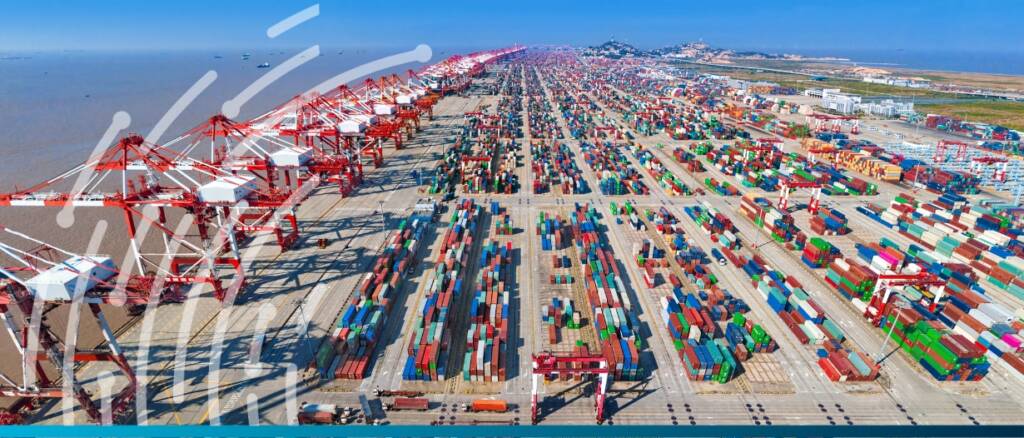As the commodity trading industry looks back on Q1 of 2023, it is evident that the first three months of the year have been marked by a number of significant events.
The financial services industry (FSI) has changed dramatically over the past decades due to technological developments in telecommunications, information technology, and financial practice.
The Arab region has seen significant progress in education, particularly for women, thanks to the ambitious Visions for 2030 and the United Nations’ Sustainable Development Goals (SDGs). Governments have prioritised education reform to break generational cycles of poverty, inequality, and stagnant economic growth, leading to Arab women excelling in education and driving regional prosperity.
The dematerialisation of invoices and other supply chain documents is set for rapid growth. Most importantly the B2B market can be expected to build on the success of larger enterprises in automating their accounts payable and receivable processes to spread e-invoicing practices to small and medium-sized businesses (SME).
Trade is critical in advancing economies, including those in the MENA region. At the same time, trade finance presents unique opportunities for criminal exploitation, also referred to as Trade Based Financial Crime (TBFC).
Industrialisation is a critical component of economic development, with many benefits that include improved standard of living, economic stability, growth in agricultural production, the balance of payment surpluses and high employment rates.
For many SMEs, the financing gap is always a major concern. It is reported that financing shortages count for more than half of SMEs’ problems. This issue is important for national policymakers, and financiers, as SMEs are major drivers of economic growth, employment, and social development in all economies, but especially in developing countries.
Global trade is a constantly evolving landscape with new challenges and opportunities emerging all the time. In an international marketplace dominated by digital technologies that bridge gaps between oceans, staying… read more →
The Basel regulations have been continuously refined and updated to address new risks and challenges in the global banking sector, with the overall aim of promoting financial stability and preventing future crises.
A typical fund structure uses proceeds from shareholder subscriptions to invest in a diverse pool of assets. A fund generally cannot default if it has no debt obligations but rather will experience changes in its total return or net asset value available to fund shareholders (the investors).
























